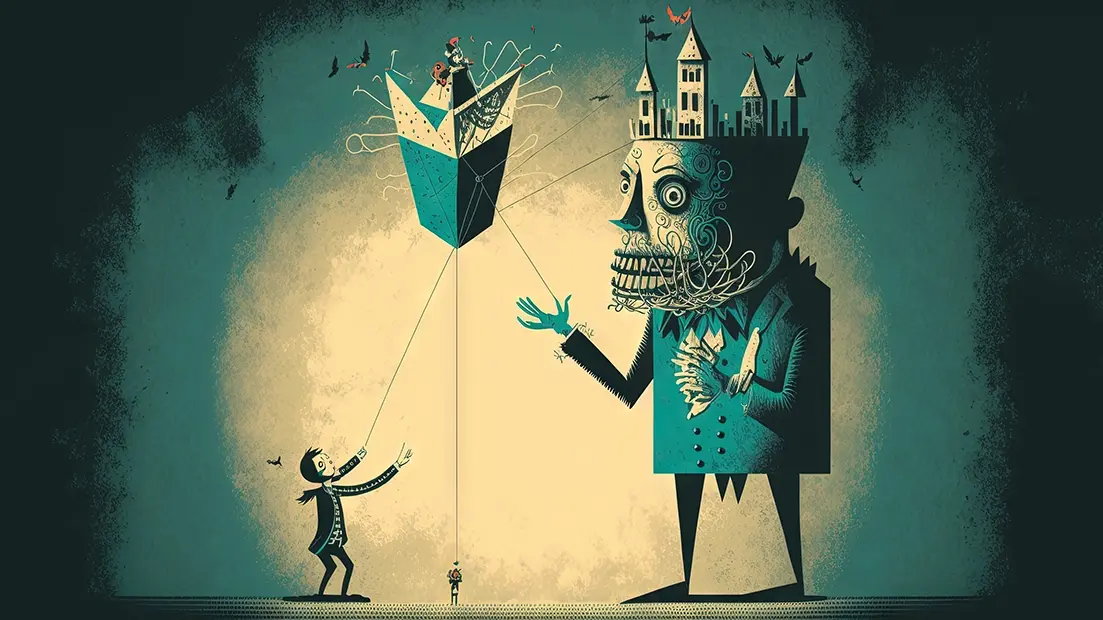Left vs right, democrats vs socialists - political economist Jonathan Hopkin makes the argument that the most significant distinction in today's political landscape is that between those who support a system, and those who identify as anti-system. Establishment vs anti-establishment. If we want to move past this division and re-embrace liberal democracy, the political system must decrease its technocratic tendencies, and bring some of the anti-system into the system itself.
Let’s talk about your book Anti-system politics. First of all – why is the dichotomy system-anti-system so important in this moment? What does it mean?
This anti-system concept wasn’t invented by me. It dates back to Giovanni Sartori, the Italian political scientist who coined this term to describe political parties who were outside the mainstream of politics, and in particular that could not be counted upon to sustain the basic institutions of the democratic state. He was thinking in particular at the time of the fascist party or the communist party in Italy, or similar kind of groups in Germany or France, and how the mainstream pro-democracy political parties had more or less all agreed to keep those parties out of government.
And then, after the global financial crisis in the late 2000s, we had a wave of what is often called populist parties, winning a lot of votes, and sometimes picking up on this anti-establishment theme.
SUGGESTED VIEWING The new overlords With Roger Hearing, Armen Sarkissian, Claire Provost, Ali Allawi
So I thought it was a good idea to start thinking of this in general, rather than just thinking about parties of the far right, or far left, breaking through, but how there might just be a general move to overturn basic patterns of how politics is done, in particular related to the political economy. I’m particularly interested in how all these groups, anti-system to some degree, are challenging not only the political status quo but also the economic status quo.
You talk about establishment and pro-democracy parties – how would you define the establishment and what is its relationship to democracy?
That’s a more difficult question than it sounds. The establishment on one level is the elites who usually have access to influencing policy and occupying key positions of power. And quite often when we talk about the establishment, it has a negative connotation. At the same time, the establishment parties being supportive of basic norms of liberal democracy, obviously that’s not such a negative thing. Very often these anti-system parties are challenging both things. So I have a slightly awkward relationship to these movements – because on one side, I can sympathise with the desire to overturn things and change the way politics is done because I think there’s a lot of things wrong with it. But at the same time, I categorically don’t like the idea of dispensing with liberal democracy all together – very often you end up throwing the baby out with the bath water. Unfortunately, it turns out that most of the political anti-system movements that have performed best electorally and got their hands on the levers of power have tended to be the kind of parties that don’t really believe in liberal democracy at all; so namely the far right.
You cite in your book Donald Trump, and Sartori referred initially to Mussolini – it’s interesting how these figures seem to be in many ways part of the system. Does the anti-system eventually merge with the system?





















Join the conversation